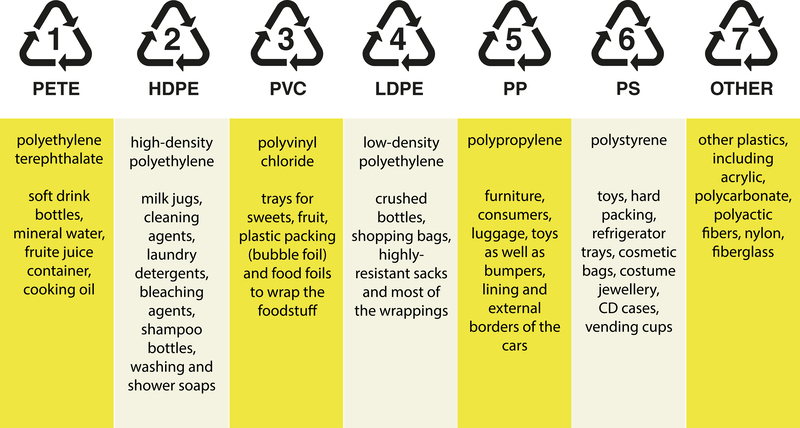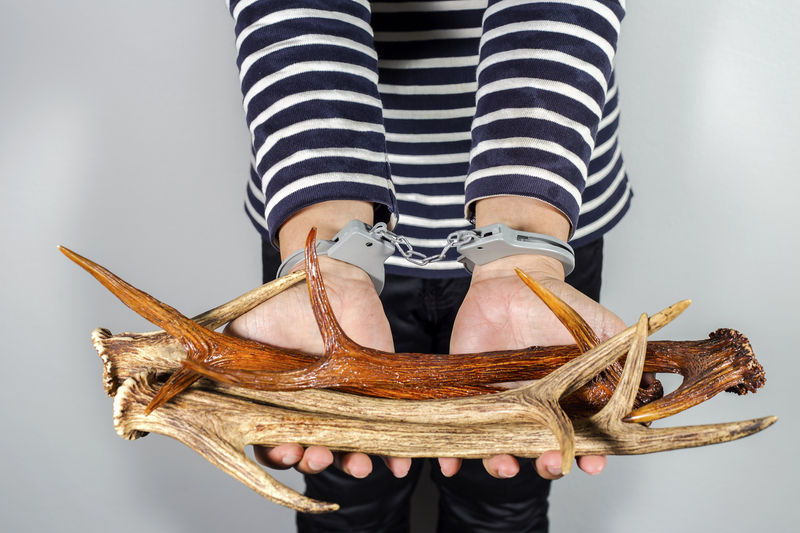Creative Strategies for Saving Money on Bulky Waste Items
Bulky waste items, such as old sofas, mattresses, fridges, and broken furniture, often pose a financial and environmental challenge when it comes time for disposal. If you are looking to save money and minimize your ecological footprint, several creative and cost-effective strategies are available to deal with large waste items. This article offers innovative money-saving methods for bulky waste removal, so you can clear your space without emptying your wallet or harming the planet.

Understanding Bulky Waste and Why Proper Disposal Matters
Bulky waste, sometimes referred to as large item refuse or oversized waste, includes items that are too large or heavy to fit in regular bins or be collected through standard waste services. Examples include:
- Old mattresses
- Large appliances (fridges, washing machines)
- Furniture (sofas, wardrobes)
- Garden and yard waste (tree limbs, old fencing)
- Carpet rolls and construction debris
Improper disposal of these items can lead to environmental hazards, increase landfill pressure, and even attract fines from your local council. However, disposal fees for bulky waste collection can quickly add up. That's why it's essential to consider alternative, creative methods for cost-effective disposal and recycling.
Plan Ahead: The Key to Saving on Bulky Waste Disposal Fees
Before getting rid of large unwanted items, plan your approach. Last-minute solutions like hiring a skip or contacting emergency collectors often come with hefty charges. Instead, follow these steps to strategize:
- Inventory Your Bulky Items: List every large item you need to dispose of. Group similar waste to optimize removal and cut collection trips.
- Assess the Condition: Some items might still have value. Broken furniture or old appliances can often be repaired, upcycled, or donated.
- Research Local Regulations: Local councils may provide periodic free bulky waste collections or offer subsidies for specific items like mattresses or white goods.
Donate, Sell, or Give Away: The Art of Rehoming Bulky Waste
One of the most effective ways to save money while disposing of bulky items is to find them a new home. Instead of sending everything to landfill, consider these alternative disposal options:
1. Online Marketplaces & Freecycle Networks
- Sell Secondhand Goods: Platforms like Facebook Marketplace, Craigslist, eBay, or Gumtree are excellent for finding buyers for used furniture and appliances. You might be surprised by how many people seek low-cost or free furnishings.
- Offer Items for Free: If you don't have time for a formal listing, many cities run "Free Your Stuff" groups or use Freecycle. Often, people will pick up bulky items right from your curb, saving you both effort and disposal fees.
2. Donate to Charities or Community Projects
Numerous charities, shelters, and social enterprises accept usable furniture and appliances. Some common organizations include:
- Habitat for Humanity ReStores (offers collection in some areas)
- Goodwill and Salvation Army
- Local theater groups (for set-building materials)
- Community centers or churches
Donation not only keeps items out of landfills but can sometimes lead to tax deductions, further saving you money!
3. Host a Stooping Event or Garage Sale
Place your bulky waste at the curb ("stooping") with a "Free to Take" sign during local cleanup days, or organize a garage sale to attract neighbors looking for bargains.
Creative Upcycling: Transforming Waste into Value
Instead of discarding items, consider upcycling, repurposing, or refurbishing bulky waste. This not only saves money on disposal, but can also add unique touches to your home or provide new marketable items.
Ideas for Upcycling Common Bulky Waste Items
- Wooden pallets can be turned into garden planters, storage racks, or coffee tables.
- Old mattresses (or their springs) can become garden trellises or art projects.
- Appliance shells can be repurposed into outdoor storage, animal shelters, or quirky furniture.
- Sofa cushions might make excellent floor pillows or pet beds.
- Broken dressers can be broken down for spare wood, handles, or creative art supplies.
Look for inspiration on DIY blogs, Instagram, and YouTube to discover ideas suited to your materials and skills. Not only does upcycling reduce waste, but it can also create valuable, unique items to use or sell.
Pooling Resources: Community and Neighbor Collaborations
Another innovative method for saving money on large waste disposal is to collaborate with neighbors, friends, or community groups. Here's how you can benefit from sharing and collaborative efforts:
1. Bulk Collection Sharing
Many councils and private collectors offer reduced rates for collecting multiple items or for collections from a single location. Coordinate with neighbors to:
- Share a skip or dumpster rental
- Schedule a joint collection for the whole block
- Negotiate group discounts from local haulers
2. Tool and Transport Sharing
If you need to transport items to the recycling center, see if you can borrow a truck or trailer from someone in your community. This is often cheaper than commercial pickup services or renting equipment on your own.
Utilize Local Council and Government Programs
Many areas provide free or subsidized services for bulky waste pickup, sometimes on an annual, quarterly, or scheduled basis. Take advantage of these programs by:
- Booking ahead of time: Slots may fill quickly, so check your council's website and register as soon as you know you have large items.
- Separating eligible items: Some programs collect only specific types (e.g., white goods, e-waste). Separate items accordingly to maximize pickups.
- Respecting restrictions: Councils often set limits on the number or type of items per pickup--plan your clear-out to match these rules.
DIY: Transporting Bulky Waste Yourself
If your council has a waste transfer site or recycling center that accepts bulky items for free or at a reduced cost, consider self-transporting. This can result in substantial savings compared to paying for pickup services.
Tips for Self-Transport of Bulky Waste
- Borrow or rent a van, trailer, or large vehicle for a day
- Enlist helpers to manage the lifting and loading
- Disassemble items (such as beds or wardrobes) to minimize volume and allow easier handling
- Combine multiple loads or coordinate with friends to make the most of the trip
Remember to always check the facility's rules before heading out; some may require proof of residency or limit certain materials.
Avoid Expensive Mistakes: What Not To Do
Saving money on bulky waste removal is important, but cutting corners can lead to fines, safety risks, or environmental hazards. Avoid these mistakes:
- Illegal dumping: Leaving bulky items on the curb outside of designated collection days or dumping them in unauthorized places can result in hefty fines and harm your community.
- Ignoring safety: Improper handling of heavy items can cause injuries. Always lift with help, use proper equipment, and wear protective gear.
- Disposing of hazardous materials: Fridges, air conditioners, and electronics often contain chemicals or components needing special handling. Never include these in general landfill waste.
Expert Tips: Maximizing Savings on Bulk Waste Collection
- Schedule in Advance: Avoid last-minute costs by booking collections during free or reduced-fee periods.
- Break Down Items: Disassemble furniture to fit into your vehicle or reduce costs (some collectors charge by item size).
- Reuse Packaging: Store bulky waste in packaging or bags you receive from deliveries--saving money on disposal bags.
- Swap or Barter: Trade bulky items with neighbors or friends for services, other items, or even favors. This can help everyone save money and resources!
Companies and Services That Make Bulky Waste Removal Affordable
A number of private companies now specialize in cost-effective bulky waste disposal. If you cannot take advantage of council services or donations, research:
- Licensed waste collectors (ask for quotes and compare prices)
- Rubbish bag services (where you pay only for filled bags or specific volumes)
- Non-profit organizations with discounted bulk pickup
- Local recycling centers that accept specific items for a small fee
Always verify that any company is properly licensed and insured to dispose of your waste, as rogue traders can illegally dump rubbish, making you liable.

Conclusion: Turning Bulky Waste Challenges Into Money-Saving Opportunities
By thinking creatively and planning ahead, disposing of large, unwanted items doesn't need to be expensive or wasteful. Transform your bulky waste into an opportunity--for savings, community contribution, or even profit!
- Explore recycling, upcycling, donation, and selling options before resorting to paid disposal services.
- Pool resources with neighbors and make use of local collection programs.
- Consider DIY solutions for transportation or creative reuse.
With a little resourcefulness, your next bulky waste clear-out can become a rewarding project for saving money, helping others, and loving the planet.
Frequently Asked Questions (FAQ) About Saving Money on Bulky Waste
What is the cheapest way to get rid of bulky household items?
The most affordable solutions typically involve donation, selling, or giving away unwanted items locally. Many charities and community groups will even collect items for free.
Can I recycle furniture and appliances for free?
Check with your local council or recycling centers. Some accept certain bulky waste at no charge, particularly electronic waste and metal appliances.
Is it safe to leave bulky waste outside?
Never leave bulky items on the street without proper arrangement; it can result in fines and littering. Only place items at the curb when authorized by your council or during a scheduled pickup.
How can I upcycle large waste items?
Research online for creative reuse projects. From turning dresser drawers into planters to transforming old chairs into new benches, countless DIY solutions exist.
Remember: Every item you creatively redirect, reuse, or properly dispose of saves you money and helps the environment.